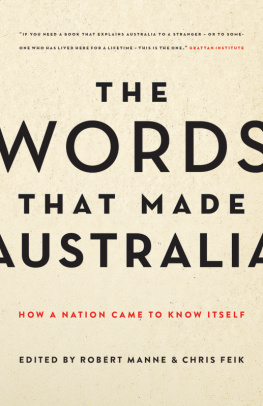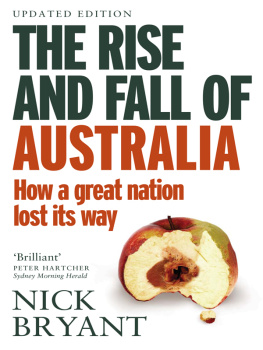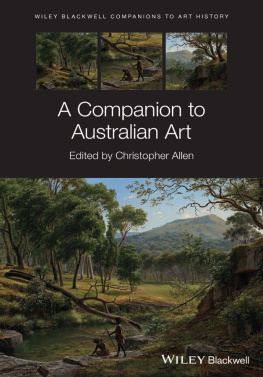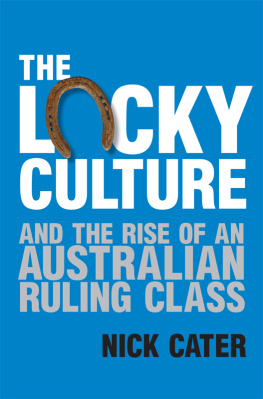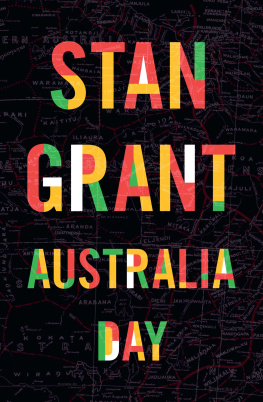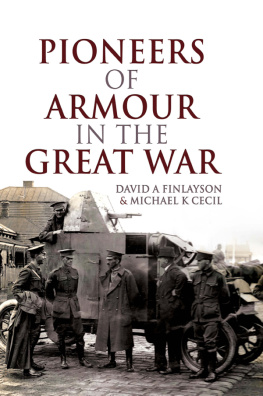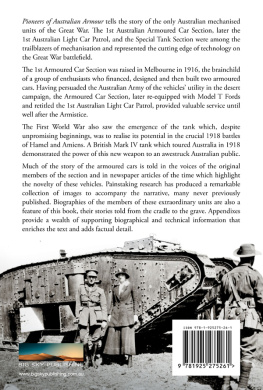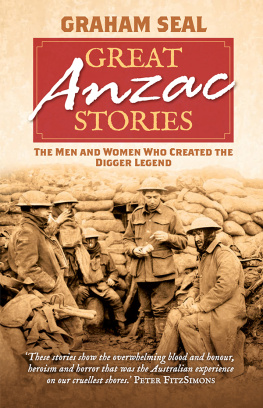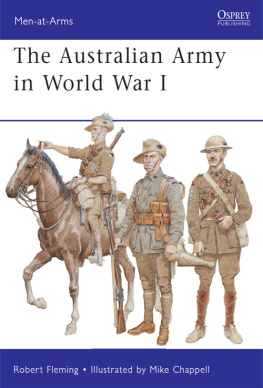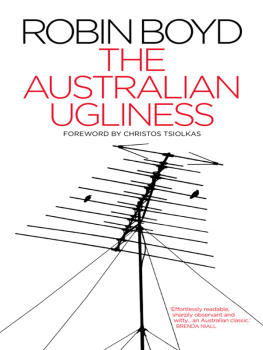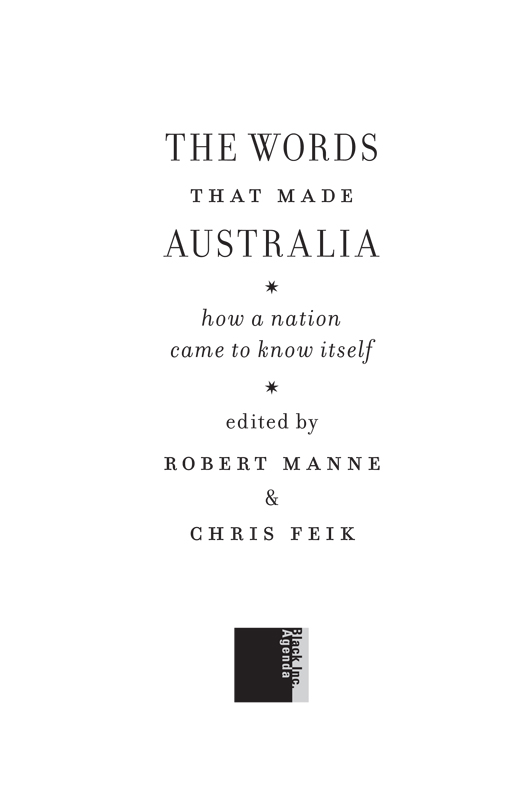Chris Feik - The Words That Made Australia: How Australia Made Its Own Luck - And Could Now Throw It All Away
Here you can read online Chris Feik - The Words That Made Australia: How Australia Made Its Own Luck - And Could Now Throw It All Away full text of the book (entire story) in english for free. Download pdf and epub, get meaning, cover and reviews about this ebook. year: 2014, publisher: Schwartz Publishing Pty. Ltd, genre: Politics. Description of the work, (preface) as well as reviews are available. Best literature library LitArk.com created for fans of good reading and offers a wide selection of genres:
Romance novel
Science fiction
Adventure
Detective
Science
History
Home and family
Prose
Art
Politics
Computer
Non-fiction
Religion
Business
Children
Humor
Choose a favorite category and find really read worthwhile books. Enjoy immersion in the world of imagination, feel the emotions of the characters or learn something new for yourself, make an fascinating discovery.
- Book:The Words That Made Australia: How Australia Made Its Own Luck - And Could Now Throw It All Away
- Author:
- Publisher:Schwartz Publishing Pty. Ltd
- Genre:
- Year:2014
- Rating:3 / 5
- Favourites:Add to favourites
- Your mark:
The Words That Made Australia: How Australia Made Its Own Luck - And Could Now Throw It All Away: summary, description and annotation
We offer to read an annotation, description, summary or preface (depends on what the author of the book "The Words That Made Australia: How Australia Made Its Own Luck - And Could Now Throw It All Away" wrote himself). If you haven't found the necessary information about the book — write in the comments, we will try to find it.
These are the essential statements from historians, reporters, novelists, mavericks and visionaries that take us from Federation to the present-day, and tell a story of national self-discovery.
There is the Frenchman who saw that Australia was a workingmans paradise, and the historian who explained why.
The two reporters who realised the true significance of Gallipoli and conveyed it to the nation.
Russel Ward on the Australian Legend, Robin Boyd on the Australian Ugliness, Donald Horne on the Lucky Country, W.E.H. Stanner on the Great Australian Silence and Anne Summers on Manzone Country.
Real Matildas, Cultural Cringers, Future Eaters and Forgotten People and much more.
Memorably written and cohesive, this is the essential sourcebook of the words that made Australia.
Includes essays by Miles Franklin, Albert Metin, Ellis Ashmead-Bartlett, Keith Murdoch, Maybanke Anderson, D.H. Lawrence, W.K. Hancock, P.R. Stephensen, Vance Palmer, Robert Menzies, A.A. Phillips, Manning Clark, Russel Ward, Barry Humphries, Robin Boyd, Donald Horne, W.E.H. Stanner, Humphrey McQueen, Hugh Stretton, Anne Summers, Miriam Dixson, Bernard Smith, Paul Kelly, Geoffrey Blainey, Tim Flannery, David Malouf, Inga Clendinnen, Noel Pearson, Judith Brett and Ghassan Hage.
A fascinating collection drawn from a range of genres. Law Society Journal
This is a handy introduction to the themes of Australian identity. Sydney Morning Herald
Chris Feik is editor of Quarterly Essay, associate editor of the Monthly and publisher at Black Inc.
Robert Mannes many books include Making Trouble and The Words That Made Australia (as co-editor). He is the author of three Quarterly Essays, In Denial, Sending Them Home and Bad News.
Chris Feik: author's other books
Who wrote The Words That Made Australia: How Australia Made Its Own Luck - And Could Now Throw It All Away? Find out the surname, the name of the author of the book and a list of all author's works by series.

